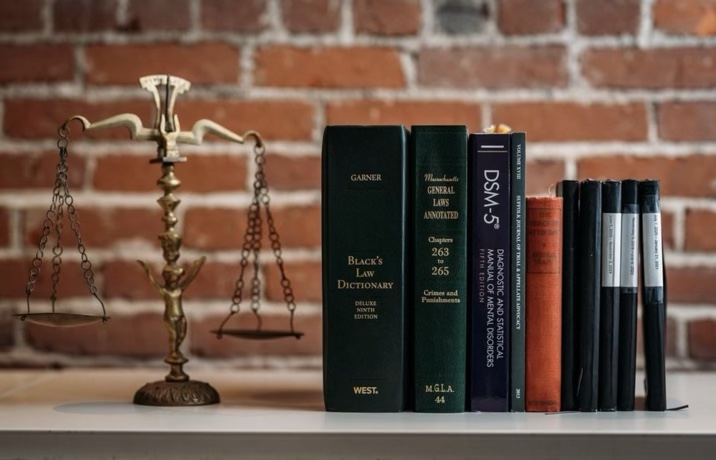Nov 06 2024 00:00
Mock Trial vs. Real Life Law: Summer Revelations
By Josie Mastandrea
Josie Mastandrea, a rising junior at the University of Richmond, spent the summer of 2024 shadowing Attorney Chris Fiorentino to develop a better understanding of what the life of a criminal defense lawyer looks like. The following article is one of a series documenting the insights she derived from the experience.
I often bait Chris into evidentiary arguments about the cases of his that we discuss. It’s mostly because I love to argue, but also because that’s the angle I understand the law from. Having never stepped foot in law school, my knowledge of the legal field is derived solely from undergraduate mock trial.
Mock trial is an activity for those of us that want to play lawyer before passing the bar. You prepare a case with your team based on 250 pages of material, and you compete against other schools by simulating a trial in front of a judge. I’ve been competing in mock trial for 5 years now (high school included), and I’m somewhat obsessed with it. But, if there’s one thing to know about people that do mock trial, it’s that they think they know more than everyone about everything–myself included.
I’ve learned from working with Chris that that sentiment could not be further from the truth. There are some fundamental differences between mock trial and real-life lawyering that have become so clear to me this summer I’ve had to accept I may not know quite as much as I think I do.
The Rules
The rules of evidence are everything to me. In mock trial, every time a team member makes a suggestion, as if on auto-pilot, my brain runs through every rule of evidence to assess the admissibility of the question or answer.
Chris, on the other hand, not so much. He certainly does his due diligence, but when I try to take him down rule rabbit holes, he drags me right back out. I’m already going from 404(A)(3) to 608 as he’s telling me that whatever I’m about to say is entirely irrelevant. Judges in real, district court aren’t concerned about technicalities. They don’t have the time for that…
The Time
That takes me right to the second lesson of the summer. Things move faster in real life. You don’t spend months and months on just one case. You have 50 on the calendar and the ones scheduled for months from now are barely on your radar when you’re about to go to court the next day for an entirely different case.
Chris, who prepares more than the average attorney, can prepare just enough. There’s no time to go through an opening argument word by word, to perfect the intonation of each syllable, and rehearse it 100 times in front of a mirror. That’s because your time gets spent elsewhere…
The Personal
That brings me to my most stark, yet perhaps the most obvious realization I’ve had this summer. In mock trial, you don’t deal in reality. There are no clients with families and real lives and real issues. The stakes feel so high when I’m standing suited up in a courtroom with sweat dripping down my back, but the only thing on the line is the prospect of winning just to win.

When you’re a real-life lawyer, people depend on you. They open up to you and admit things to you that they might not want even their loved ones to know. Compassion and empathy are half the job. Sitting in court, I’ve seen time and time again that when an attorney knows and cares for their client, the feeling is palpable. When they don’t, it’s even clearer, and it’s not going to help the impression you have on the judge.
My Reflections
Some of these realizations left me feeling slightly defeated. I am and have always been a perfectionist. I don’t like the idea of having to refrain from getting bogged down in the technicalities. I don’t really want to forego my neurotic preparation strategies in the pursuit of efficiency. But, at the same time, I’ve seen Chris really help people this summer. I’ve seen him calm his clients amidst their distress. I’ve seen him deliver outcomes they didn’t think possible. I’ve seen him make a real difference in people’s lives.
So, now, I look forward to a time when the work I put into the job means something more than an award. I think I’ll be able to sacrifice my evidentiary rule obsession for the purpose of contributing meaningfully to society. I guess we’ll have to see.
